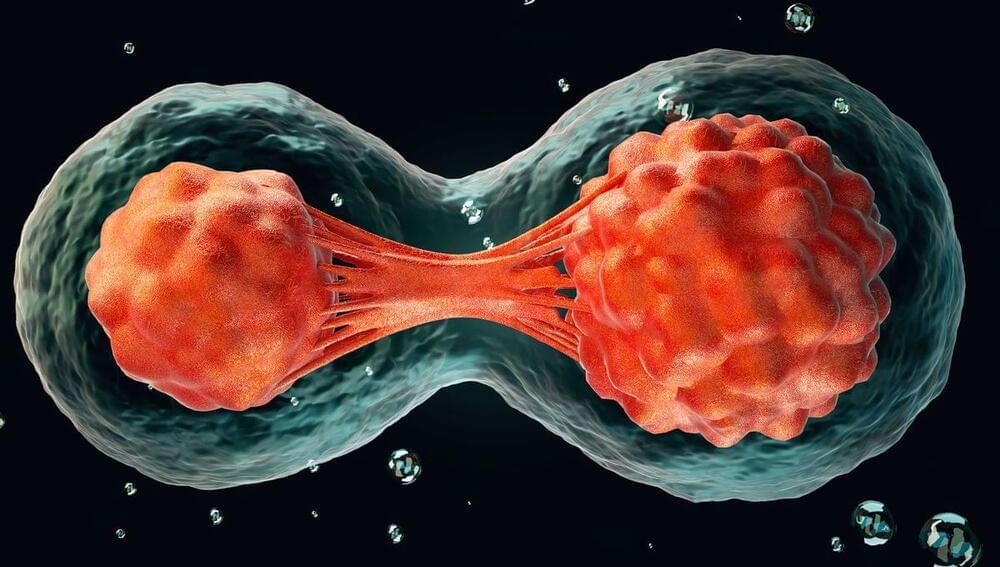Synthetic human embryos – derived from stem cells without the need for eggs or sperm – have been created for the first time, scientists say. The structures represent the very earliest stages of human development, which could allow for vital studies into disorders like recurrent miscarriage and genetic diseases. But questions have been posed about the legal and ethical implications, as the pace of scientific discovery outstrips the legislation.
The breakthrough was reported by the Guardian newspaper following an announcement by Professor Magdalena Żernicka-Goetz, a developmental biologist at the University of Cambridge and Caltech, at the 2023 annual meeting of the International Society for Stem Cell Research. The findings have not yet been published in a peer-reviewed paper.
It’s understood that the synthetic structures model the very beginnings of human development. They do not yet contain a brain or heart, for example, but comprise the cells that would be needed to form a placenta, yolk sac, and embryo. Żernicka-Goetz told the conference that the structures have been grown to just beyond the equivalent of 14 days of natural gestation for a human embryo in the womb. It’s not clear whether it would be possible to allow them to mature any further.
